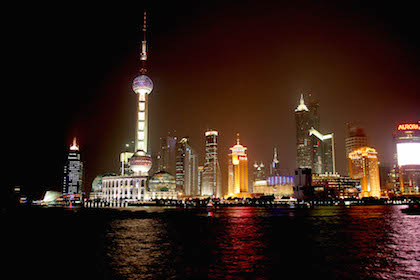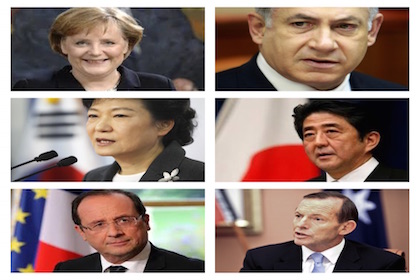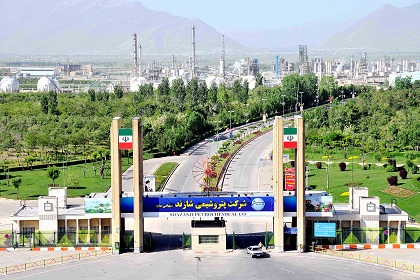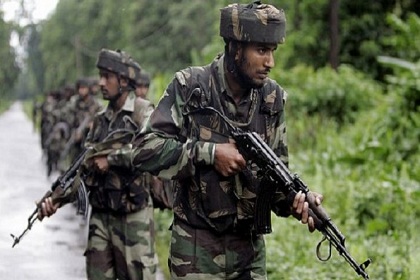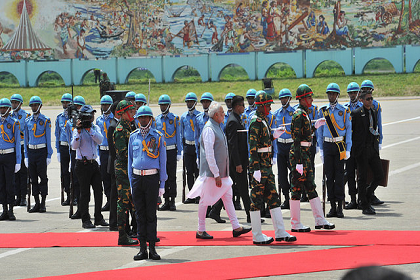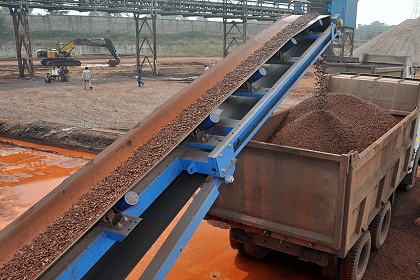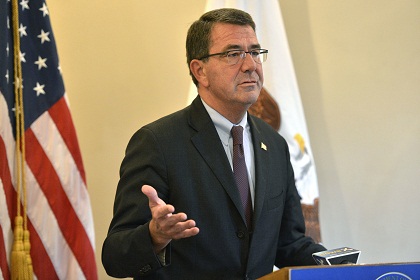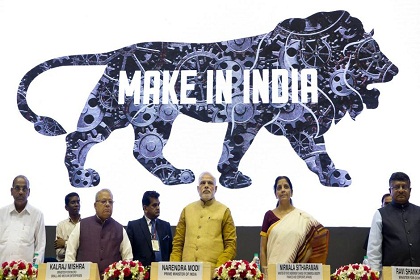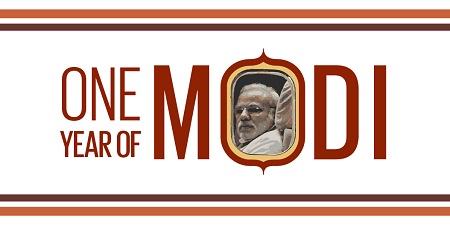How culture and education can bind BRICS
If, after nine years, BRICS remains a disparate grouping, and its trade and investment flows remain dismal, it is time to explore new avenues of cooperation to consolidate the alliance—and culture and education can provide the necessary cementing factor when combined with the New Development Bank


